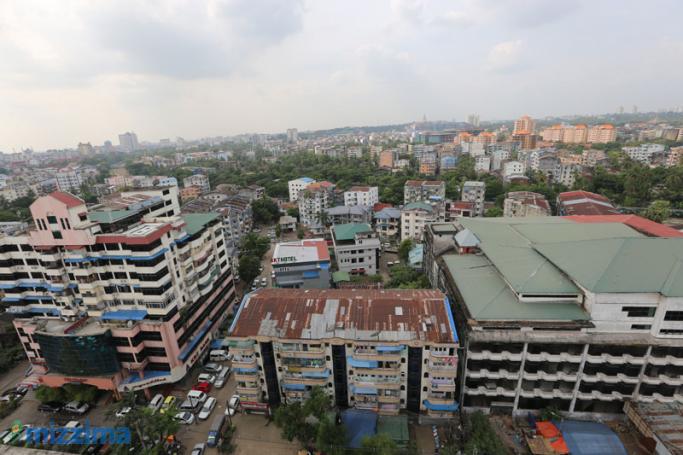Thai businesses should take a more aggressive approach to penetrating Myanmar before other investors get too far ahead, according to Thailand's ambassador to Myanmar, Visanu Suvanajata.
Although Thailand and Myanmar are neighbours, Thai investment in the country remains small with fresh investment pouring in at slower pace compared with other countries.
"Thai investors should hurry otherwise they will have no place to stand as business opportunities shrink," says Mr Visanu.
Myanmar's fast development has attracted considerable foreign direct investment over the past decade.
The outcome of the Nov 8 general election is not expected to affect development plans as the new government is highly likely to follow the country's roadmap, which has significantly boosted the economy over the past years.
Myanmar is expected to enjoy growth of 8% and continue to grow at such a pace for the next five years, says Mr Visanu in Yangon. Global management consulting firm McKinsey & Company forecasts Myanmar's economy will quadruple by 2030.
Mr Visanu says that under the development plans, Myanmar intends to be a more modern agriculture and agro-industry destination, with investment highly welcome.
Tourism in Myanmar is also on the rise with the number of foreign visitors increasing sharply to 2.8 million foreigners visited the country last year, up from only 800,000 a year earlier.
However, accommodation is still insufficient, especially premium-quality hotels, making investment in the hotel sector a lucrative move.
Mr Visanu says many high-rise buildings in Yangon and big cities are coming up to serve the growing economy. In 2013, 250 buildings with more than 16 floors applied for construction licences; the number rose to 700 last year.
The heavy construction means huge demand for raw materials such as cement and steel.
"Myanmar will be a manufacturing hub for foreign investors and several of them will relocate their plants from Thailand to Myanmar, thanks in large part to the competitive labour wage of only US$3 per day," he says.
Besides, foreign companies that use as much as 90% local content can obtain tax privileges under the Generalised System of Preferences developed countries offer to Myanmar, he said.
The growing economy has resulted in costly land prices, especially in big cities, and this could bar Thai investors, but other foreign investors may regard such costs as affordable.
He suggests Thai companies open a representative office to assess local market sentiment and see the real picture.
"Myanmar has changed and they are more welcoming to foreign investors. Regulations related to trade and investment as well as the financial system have been modernised," he says.
Foreign investors are able to lease land for up to 70 years and they can hold as much as an 80% stake in a joint venture. The labour force is large at 34.5 million, representing 67% of the population.
Major foreign investment in Myanmar covers energy, garments and ready-to-eat products, with China leading the pack.
Wichai Kanrahong, an official at the Office of Commercial Affairs in Myanmar, says Thai accumulated investment over the past 20 years is significant with 49 enterprises, worth a total $3.1 billion.
However, investments has been slow compared with other countries, especially Vietnam, which is quite aggressive in investing in Myanmar.
Mr Wichai says in order to stay competitive, Thai investors should set up their own factories in Myanmar to both serve the local market and explore new opportunities in India, China and Europe.
He suggests Thai investors divide their investments into three stages. First, set up factories in border provinces in Thailand. Second, relocate factories to provinces in Myanmar's border areas. Third, set up plants in industrial estates in order to enjoy tax privileges if the products are for export.
Thai exports to Myanmar over the past decade have increased considerably, reaching $4.2 billion in 2014. Top exports are oil, cosmetics and beverages.
"Thai businessmen have to be more active, dare to explore new chances as prospects in Myanmar are expected to be bright, so don't lose the opportunity," he says.
http://www.bangkokpost.com/business/news/751028/myanmar-ripe-for-thai-in...












